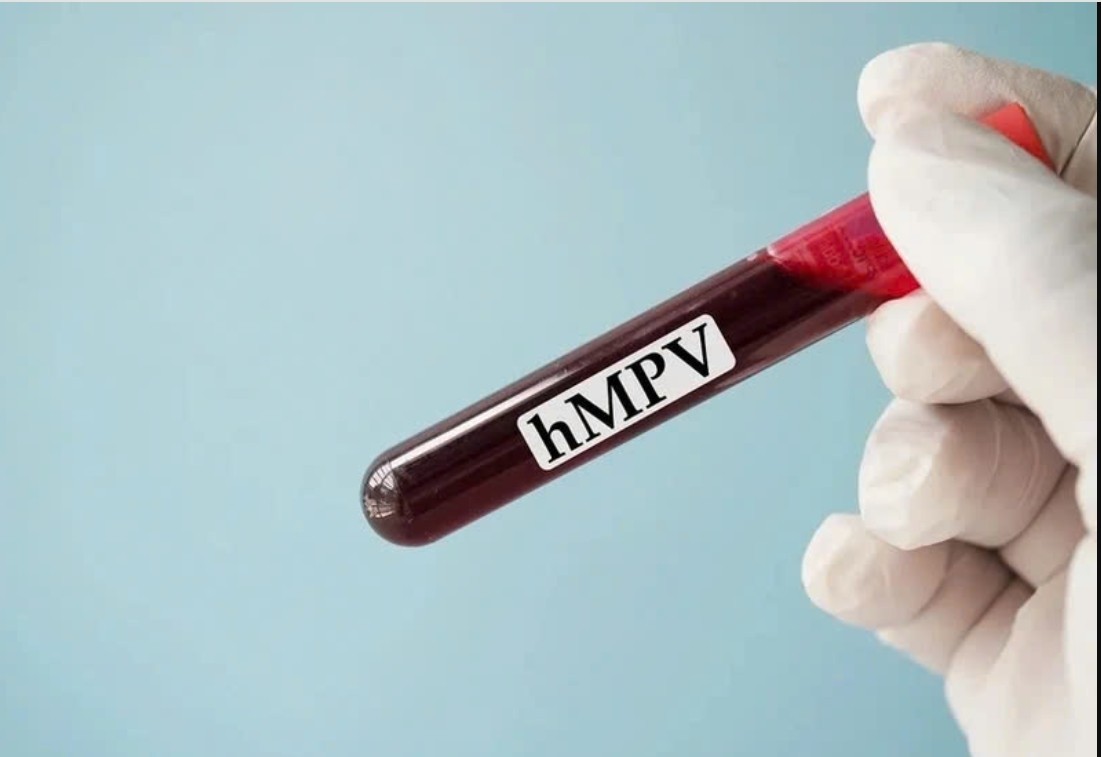What is green poop disease in kids?
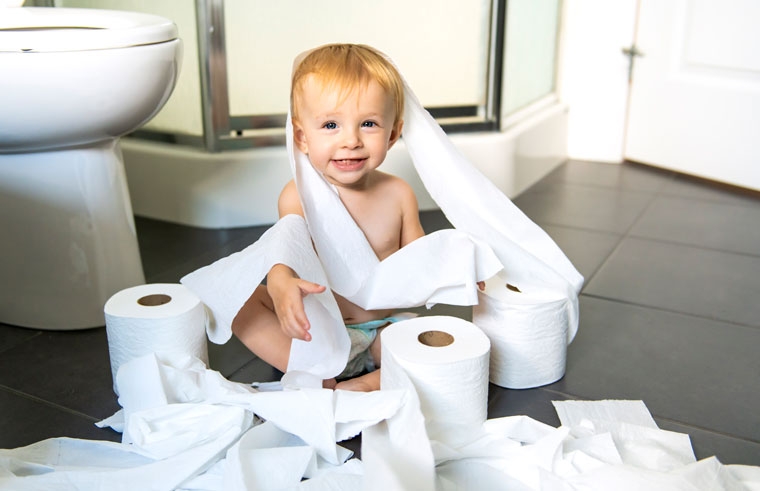 |
| Photo: Babyology |
The poop is usually brown, but it can change color daily. This is not usually a cause for concern. The reasons for green poop in kids may be different, depending on their age, such as in babies, infants, and children.
Read on to learn about what causes kids to have green poop and when to take them to a doctor.
What is "green poop" and symptoms?
As unsettling as it may be, green poop can actually be perfectly normal. Kids’ digestive systems work a bit more quickly than ours, so it’s not uncommon to see undigested bits of food and colorful remnants from previous meals and snacks, according to The Bump. Indulging on strawberries, for instance, can result in red poop. Power slamming artificially colored orange drink can lead to reddish-orange poops; you might think you’re seeing blood, but really, it’s just the artificial color from the orange drink.
As children begin eating solids and eventually wean from breast milk or formula, food becomes a more frequent culprit in green poop. This includes leafy greens and artificial food colorings.
Parents should not worry about green poop as long as a child is otherwise healthy.
What causes green stool in children?
1. Dietary causes
What your child eats is likely to affect the colour of her poop. If your child eats a lot of green vegetables like broccoli, cabbages and spinach, she is likely to have green stool. Eating food that is dyed with green or blue food coloring such as ice creams and some breakfast cereals can also make your child’s poop to appear green in color, Community Today cites.
If you want to make sure that the cause of your child’s stool is not as a result of what she eats, try avoiding those green vegetables and coloured food for about three days to see if the stool will return to its normal colour.
2. Meconium
When a baby is born, for the first few days of her life, she will pass meconium, which is a dark coloured stool. This stool is a combination of all the contents that the foetus consumed while still in the womb. These contents include amniotic fluid, bile, water, mucus and epithelial cells. This stool does not have an odour and usually turns into green and yellow once your baby starts digesting the breast milk, which is usually after 3 days.
3. Medication and supplement
Your child’s stool colour can also change to green if she is taking iron supplements, vitamins that are artificially coloured or those that contain fructose and sorbitol. Other medications like indomethacin, which is always an anti-inflammatory medication, can also cause your child’s stool to appear green.
4. Diarrhoea
If your child has diarrhoea, she is likely to have green stool. This is because undigested food does not get time to be hardened due to rapid transit.
5. Bile secretion
Sometimes bile may travel faster than normal to reach the intestines when it is secreted by the liver. It will have little time to change its colour to brown from its regular green. It is the bile that usually gives the poop its normal brown colour hence if the bile does not have enough time to change to brown, then the poop will definitely be green.
6. Food poisoning
Your child’s digestive system is very sensitive to a variety of different foods. One of the symptoms of food poisoning in children is light green stools accompanied by fever and abdominal cramps.
7. Other health disorders
Health disorders such as allergies can also lead to green stools in children. Any other disorders that increase the amount of mucus in the stool may also lead to greenish stools.
How to prevent green poop in kids?
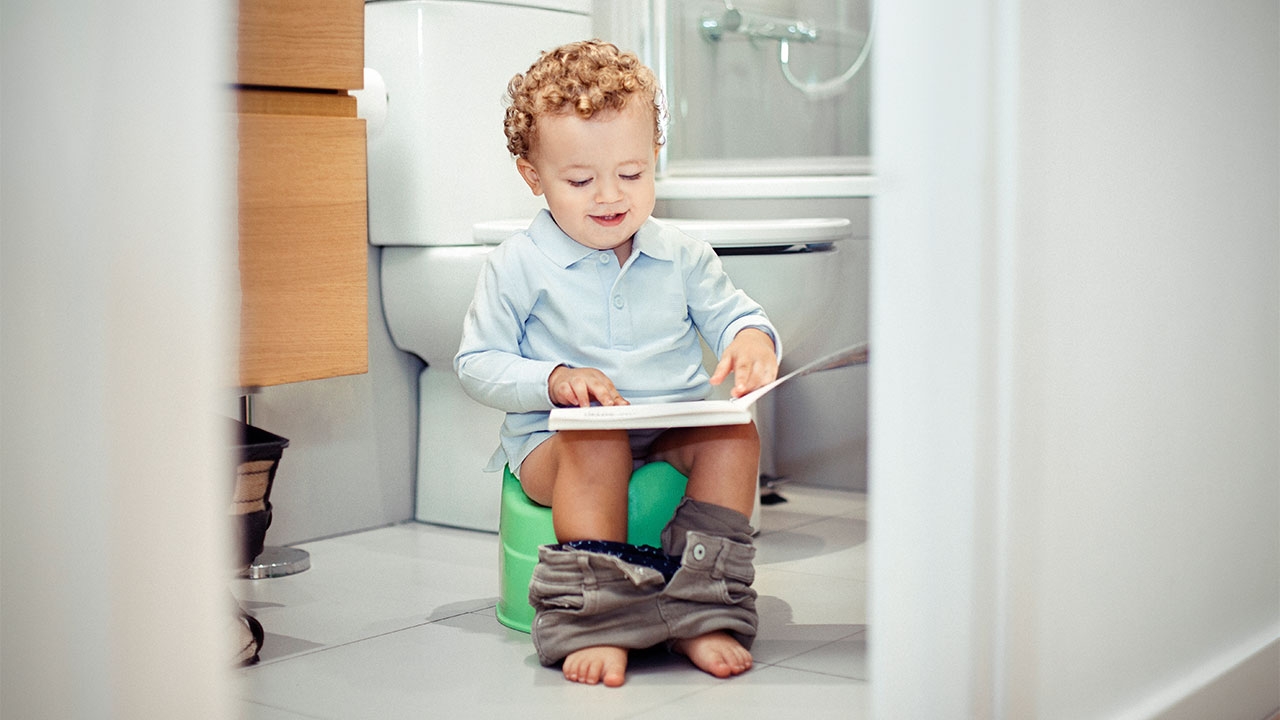 |
| A good diet makes your children healthy. Photo: Raising Children Network |
Avoid eating too much of green leafy vegetables, as they can cause green-colored stools in children.
Avoid giving cow’s milk to your baby, as it could result in green stools due to a lactose overload.
Chart your and your spouse’s medical history to avoid giving any food items that can cause an allergic reaction in your baby.
If your child has an allergic reaction, you can try an elimination chart to figure out which food is the cause of the reaction, as said from Parenting Firstcry. The elimination method is where you and your baby’s food intake is recorded on an everyday basis. If the child gets another attack, the parent notes down which food was eaten before. That food is discontinued for a few days and then reintroduced – if there is another allergic reaction, it is confirmed that your child is allergic to that food item.
When to call a doctor?
Not all poop color changes are as harmless as green poop.
1. Pale poop
The pale or clay-colored stool may mean there is a problem with the liver, gallbladder, or pancreas. This is because there is less bile in the stool when it is one of these shades. A person should consult a doctor right away if this happens, according to Medical News Today.
If there are other symptoms, such as pain or vomiting, they must go to the emergency room.
2. Dark poop
Very dark poop is normal in newborns that are a few days old. This poop is called meconium, and will soon pass.
In older babies and children, very dark poop can mean there is gastrointestinal bleeding. Carefully monitoring symptoms is essential, as is calling a doctor if they do not improve in 12 hours.
If there is blood in a child’s poop or a child poops blood, they must be taken to the emergency room immediately.
Frequently Asked Questions1. Is green poop a sign of infection in babies? Green poop is not always a sign of infection. But certain viral infections such as rotavirus might cause green poop. Your doctor can diagnose the cause of infection. 2. Is green poop normal in formula-fed babies? Green poop is not noticed in all formula-fed babies. However, some studies show that green poop is more common in formula-fed babies than in breastfed babies. Green stools are not always a cause of concern. In most cases, it resolves with dietary and lifestyle modifications. However, do not hesitate to talk to your baby’s doctor if you have any doubts or queries regarding the same. |
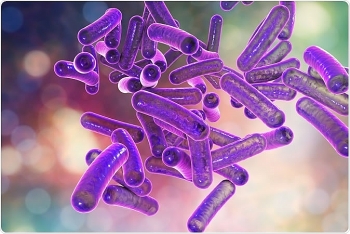 | Shigellosis: Symptoms, Treatment and Prevention Shigellosis is a bacterial infection that affects the digestive system. The Shigella bacterium is spread through contact with contaminated feces. Below are information about its ... |
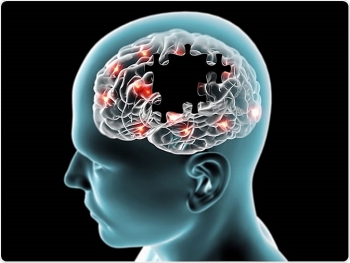 | Alzheimer disease: Symptoms and best Treatment Alzheimer’s disease, which was first recognized and described in 1906 by researcher Alois Alzheimer, is a progressive brain disease that initially manifests itself as minor ... |
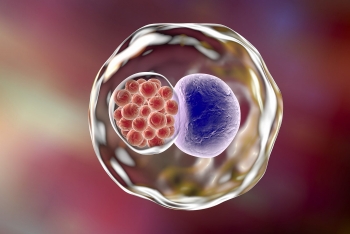 | What is Chlamydia disease? Chlamydia is a sexually transmitted disease caused by Chlamydia trachomatis bacteria. Chlamydia bacterial infections are more common among sexually active teens and young adults. Chlamydia ... |

